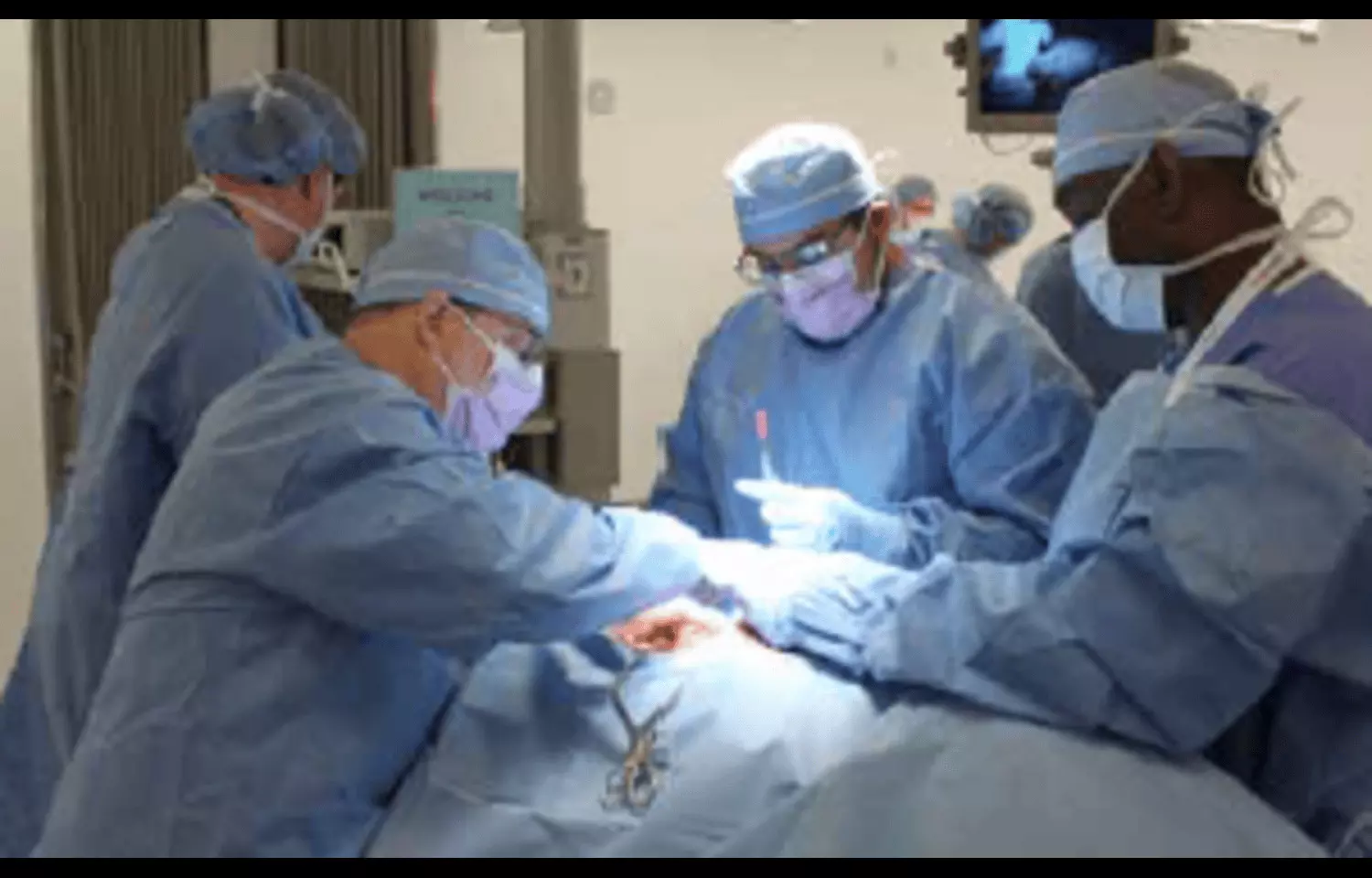Music therapy during surgery reduces anesthetic use and stress responses, reveals research
- byDoctor News Daily Team
- 09 November, 2025
- 0 Comments
- 0 Mins

A new study published inMusic and Medicinereveals that intraoperativemusic therapysignificantly reduces the amount of propofol required during laparoscopic cholecystectomy performed under general anesthesia. This research demonstrates that intraoperative music therapy significantly reduces the amount of propofol required duringlaparoscopic cholecystectomyperformed under general anesthesia. Patients who received therapeutic music required less anesthesia, experienced smoother awakenings, and showed reduced physiologicalstressmarkers, including lower perioperativecortisollevels. These findings highlight the potential of music as a powerful non-pharmacological tool in the operating room, demonstrating enhanced patient outcomes and reduced reliance on medication. This study is available open access online to the public courtesy ofMusic and Medicineand IAMM (The International Association for Music and Medicine) “These findings show that this is more than just simple background music, rather an integration of a novel intervention into anesthetic practice,” said Dr. Tanvi Goel, principal investigator and anesthesiologist at Lok Nayak Hospital and Maulana Azad Medical College in New Delhi, India. “By delivering intraoperative music, we’re engaging the patient’s nervous system even under anesthesia—blunting the neuroendocrine stress response when the body is most vulnerable,” added Dr. Farah Husain, co-investigator and certified music therapist. “The auditory environment under anesthesia is often neglected, but sound—when delivered with therapeutic intent—may accelerate healing, reduce stress, and improve recovery in ways we are only beginning to quantify,” noted Dr. Sonia Wadhawan, Director Professor of Anesthesia and Intensive Care at Maulana Azad Medical College. Key findings of the study include: “This study adds to the growing empirical evidence that the neural effects of patient-preferred music translate to behavioral benefits,” said Wendy L. Magee, PhD, Professor of Music Therapy at Temple University’s Boyer College of Music and Dance. “For people with disorders of consciousness following brain injury, patient-preferred music improves arousal and cognition. This research furthers the evidence that music with personal meaning enhances salience and emotional impact-maximizing music’s neural effects and supporting recovery.” “This study shows the real potential of music to improve anesthetic care, but we must go further,” said Joseph J. Schlesinger, MD, FCCM, Professor of Anesthesiology, Critical Care Medicine, Hearing & Speech Sciences, and Biomedical Engineering at Vanderbilt University Medical Center. “To truly understand how music affects the brain during surgery, we need multimodal EEG and a broader view of the perioperative sound environment that includes both patient outcomes and provider safety.” “These findings open the door for future studies to expand sample sizes, explore music therapy across general anesthesia for different types of surgery, and develop standardized music protocols that could be implemented in hospitals worldwide.” Fred J Schwartz, MD Editorial Commentary from Music and Medicine- Dr. Tanvi Goel, Dr. Farah Husain, Dr. Sonia Wadhawan, Effect of patient selected music therapy on propofol consumption in laparoscopic cholecystectomy under total intravenous anaesthesia: A randomised controlled trial, Music and Medicine, DOI: https://doi.org/10.47513/mmd.v17i4.1111
Disclaimer: This website is designed for healthcare professionals and serves solely for informational purposes.
The content provided should not be interpreted as medical advice, diagnosis, treatment recommendations, prescriptions, or endorsements of specific medical practices. It is not a replacement for professional medical consultation or the expertise of a licensed healthcare provider.
Given the ever-evolving nature of medical science, we strive to keep our information accurate and up to date. However, we do not guarantee the completeness or accuracy of the content.
If you come across any inconsistencies, please reach out to us at
admin@doctornewsdaily.com.
We do not support or endorse medical opinions, treatments, or recommendations that contradict the advice of qualified healthcare professionals.
By using this website, you agree to our
Terms of Use,
Privacy Policy, and
Advertisement Policy.
For further details, please review our
Full Disclaimer.
Recent News
Kerala waives Rs 10 lakh discontinuation penalty f...
- 09 November, 2025
Jharkhand health dept announces SOP for ICU and CC...
- 09 November, 2025
Doctors oppose Punjab govt's decision to set up me...
- 09 November, 2025
Daily Newsletter
Get all the top stories from Blogs to keep track.


0 Comments
Post a comment
No comments yet. Be the first to comment!